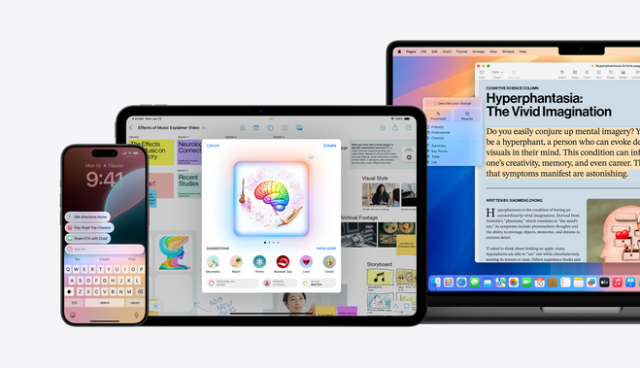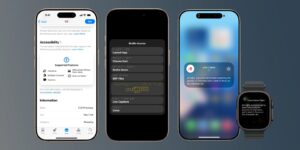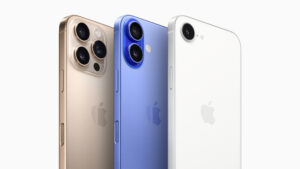Apple SVP Craig Federighi explains Apple Intelligence’s security features

Apple Intelligence is the personal artificial intelligence system for iPhone, iPad, and Mac that combines the power of generative AI models with personal context to deliver intelligence that’s incredibly useful and relevant.
Apple Intelligence is deeply integrated into iOS 18, iPadOS 18, and macOS Sequoia. It harnesses the power of Apple silicon to understand and create language and images, take action across apps, and draw from personal context to simplify and accelerate everyday tasks.
With Private Cloud Compute, Apple sets a new standard for AI privacy, with the ability to flex and scale computational capacity between on-device processing and larger, server-based models that run on dedicated Apple Silicon servers.
Apple Intelligence sets a new standard for AI privacy. pic.twitter.com/OE6i8sSOqs
— MacDailyNews (@MacDailyNews) June 10, 2024
Apple SVP Craig Federighi sat down with Fast Company to explain Apple Intelligence’s security features, where things stand with China, and more.
Michael Grothaus for Fast Company:
What’s most amazing about Apple Intelligence is how private it is. Apple Intelligence may get to know a lot about you, but Apple will know nothing, and Apple Intelligence is designed so that Apple never can. In other words, Apple Intelligence is the first generative AI platform designed from the ground up to protect your privacy. Hours after WWDC, I spoke to Apple’s senior vice president of software engineering, Craig Federighi, about these privacy protections and how AI will affect Apple, users, and the industry going forward.
“It’s a substantial transformative technology, in the same way the internet has been; in the same way mobility has been,” he says. “It’s one of the big waves, and it’s going to play out over many years,” not dissimilar to even older watershed tech waves, like microprocessor technology, which evolved over a long timeline.
“Data handling practices around different AI services and chatbots vary substantially, and some of the guarantees—if you can call them that—are limited,” Federighi tells me… “We wanted to establish an entirely different bar,” Federighi says. “So we viewed it as foundational, and as a prerequisite to how we offered personal intelligence, that your personal information remained entirely yours and under your control. And no one, not even Apple, would have any visibility onto that information, even if our data center was processing your request.”
Called Private Cloud Compute (PCC), Apple’s implementation of server-side AI only sends the minimum information required from your device to the cloud for processing. It is impossible for Apple’s AI servers, which are custom-built by the company, to store data requests—the information is cryptographically destroyed after the processed request is returned to the user and is never seen by anyone at Apple.
Support MacDailyNews at no extra cost to you by using this link to shop at Amazon.
MacDailyNews Take: The root of trust for Private Cloud Compute is Apple’s compute node: custom-built, Apple Silicon server hardware in the data center, with the same hardware security technologies used in iPhone, including the Secure Enclave and Secure Boot.
Read all about Apple’s Private Cloud Compute (PCC), a new frontier for AI privacy in the cloud here.
Please help support MacDailyNews. Click or tap here to support our independent tech blog. Thank you!
Support MacDailyNews at no extra cost to you by using this link to shop at Amazon.
The post Apple SVP Craig Federighi explains Apple Intelligence’s security features appeared first on MacDailyNews.




